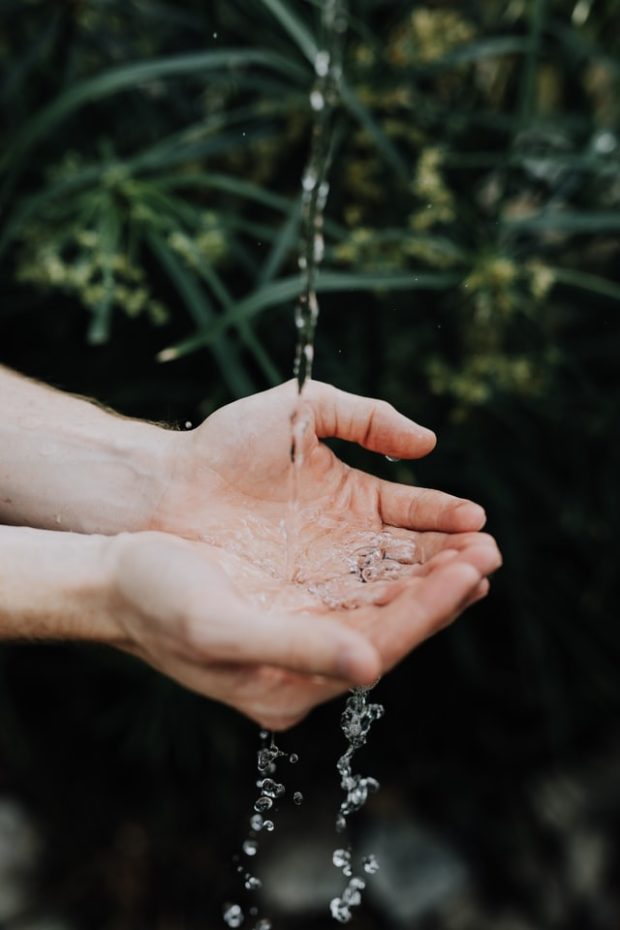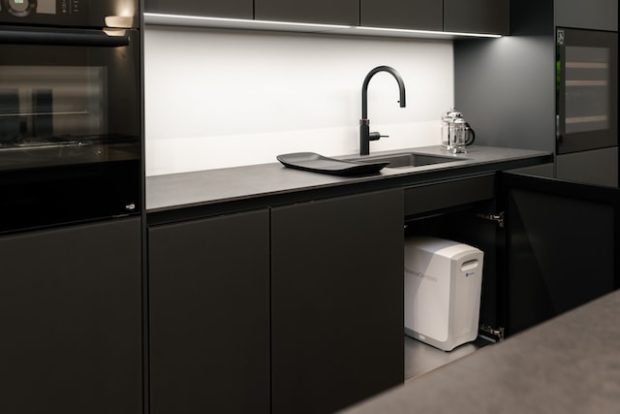Water is an essential part of our daily lives, and access to clean and safe water is crucial for our health and well-being. However, the water that comes into our homes may contain harmful contaminants that can cause illnesses or pose health risks. Hence, it’s crucial to ensure that the water we use for drinking, cooking, and cleaning is safe and free of contaminants. In this blog, we’ll discuss some tips for water treatment that you can implement in your home to keep contaminants out.
Know Your Water Sources
Before you implement any water treatment methods, it’s vital to understand the source of your water. Whether you use municipal water, well water, or another water source, each may have different contaminants that require different treatment methods. For instance, well water may contain harmful minerals like iron and manganese, which can cause stains and affect the taste and quality of your water. On the other hand, municipal water may contain chlorine or residual particles resulting from the treatment process. Therefore, you can perform a water test to identify contaminants in your water and determine which treatment methods are most effective.

Invest in a Water Filtration System
One of the most effective ways to remove contaminants from your water is by installing a water filtration system in your home. Water filtration systems come in different technologies and sizes, making choosing one that suits your needs easier. For instance, activated carbon filters effectively remove chlorine, sediments, and other organic compounds. Reverse osmosis filtration systems reduce dissolved solids and heavy metals like arsenic, lead, and fluoride. Whole-house water filters can cover your entire home’s needs and reduce the use of plastic water bottles.

Boiling Water
Boiling is one of the most straightforward water treatment methods that you can perform at home. Boiling water kills damaging organisms and pathogens that are commonly found in water. Bring your water to a rolling boil for at least one minute, and then let it cool before using it. This simple yet effective method can greatly reduce the risk of ingesting harmful contaminants that can cause illness or other health problems.
Maintain Your Plumbing and Fixtures
Your plumbing system and fixtures play a significant role in supplying clean water to your home. However, over time, they can accumulate bacteria, sediments, and other harmful substances that can have an impact on the quality of water you receive. Ensure that you schedule regular maintenance for your plumbing systems, replace fixtures that are outdated or rusty, and inspect pipes for leaks or contamination.
Call in a Professional
Water is an absolute necessity for life, and it’s important that it’s clean and safe to drink. While DIY water treatment methods may seem like simple and cost-effective solutions, it’s possible there will come a point when it’s better to consult a professional. A certified water treatment specialist has the expertise to assess the quality of your water, recommend the best treatment methods, and provide ongoing maintenance to guarantee that your water supply remains free of contaminants. By calling in a professional, you’ll not only have peace of mind knowing that your water is safe to drink, but you’ll also ensure that your family’s health and well-being are protected.
Water treatment methods are essential in ensuring that the water you use in your home is free of harmful contaminants and safe for consumption. By implementing these tips, you can provide a healthy and sustainable living environment for you and your family. Remember to understand your water sources, use a proper filtration system, and regularly maintain your plumbing and fixtures. With these practices, you can keep contaminants out and water quality up.
